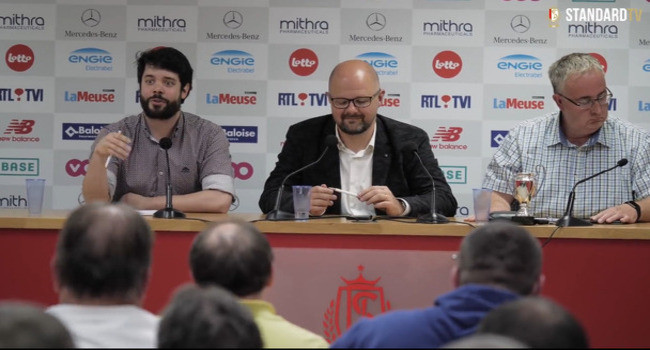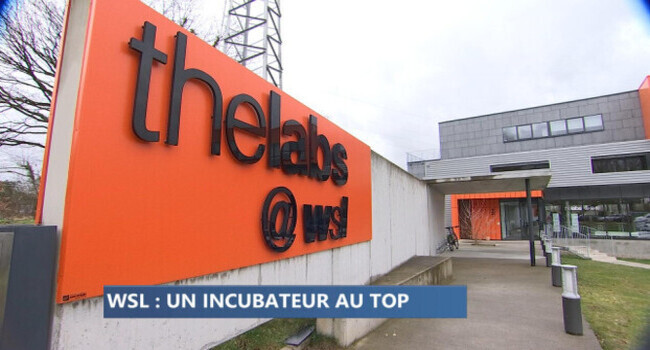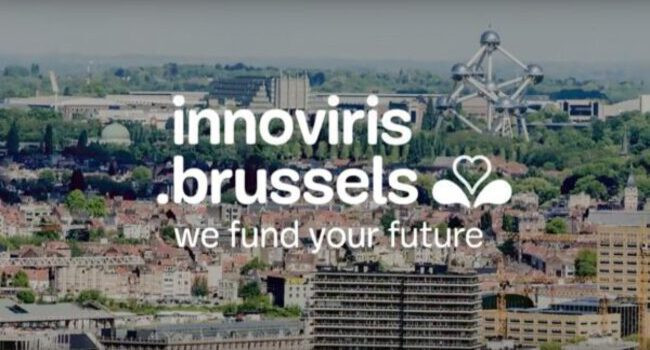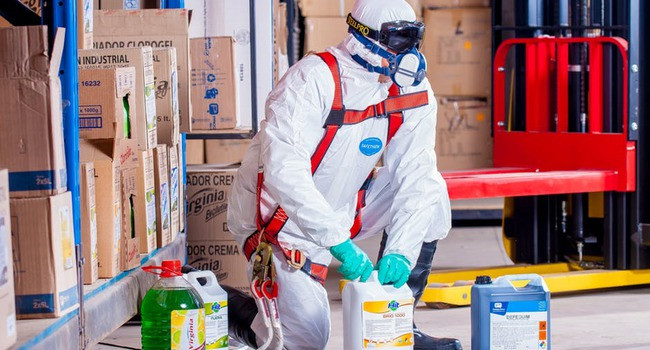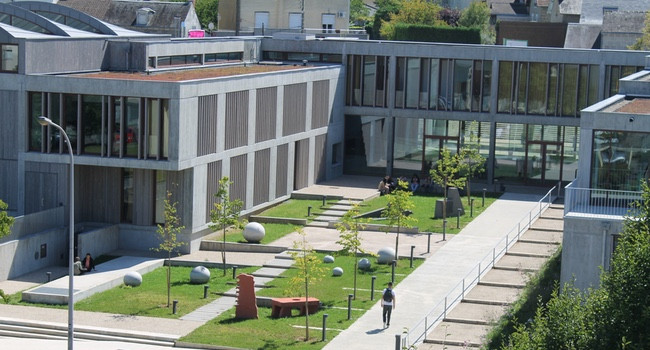Diagnosis and anticipation of the impacts of a Decree affecting librarians

The Wallonia Brussels Federation commissioned a Mesydel study to provide the Public Reading Service with objective knowledge on changes in operators' practices since the adoption of the 2009 legislation. It was necessary to evaluate the impact of the legislation and to anticipate the challenges brought by the new working paradigm. The Mesydel survey was conducted in two rounds and sent to librarians of the Wallonia Brussels Federation. Approximately 200 librarians responded to the survey to give an accurate image of the situation :
- Evaluation of the appropriation of the Decree by more than 200 librarians of the federation Wallonia Brussels
- Analysis of the effects on the public in order to assess the effectiveness of the actions
- Evaluation of the usefulness of the policy management tools by the government departments and proposal of possible adaptations


